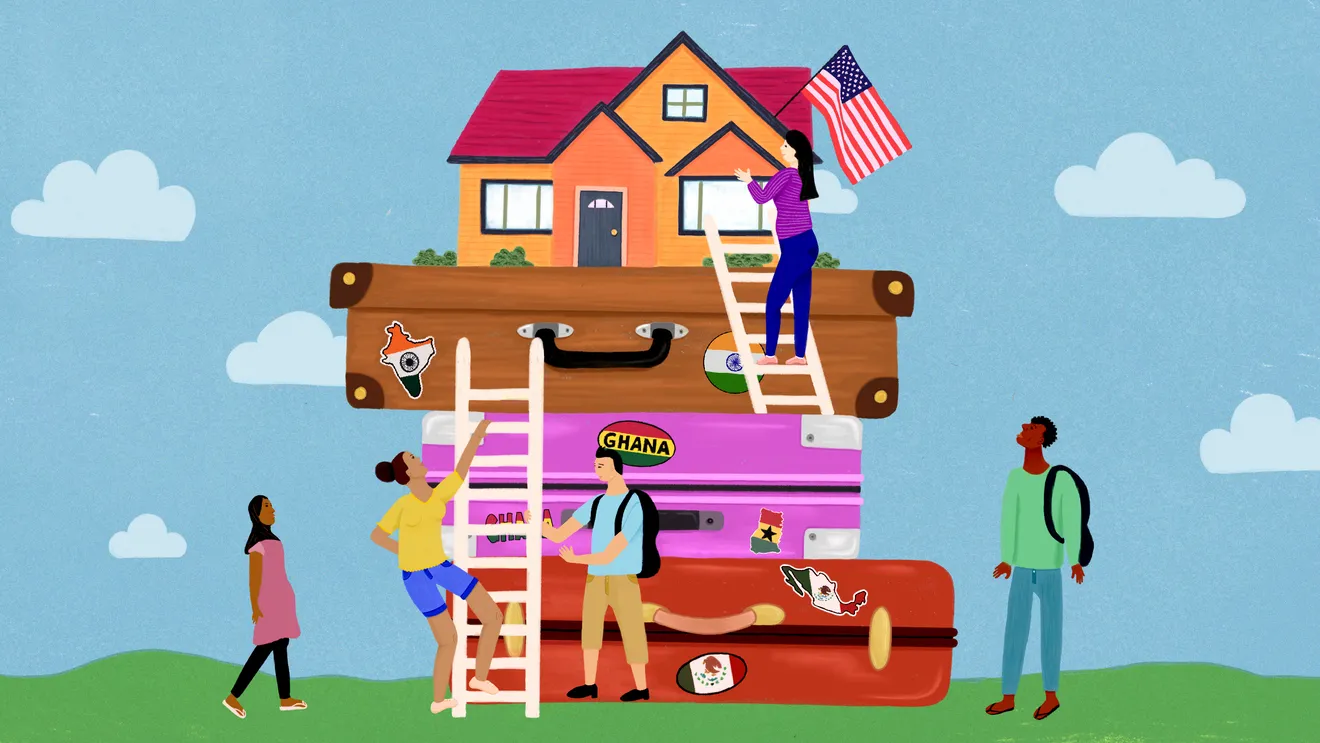
Over the past 40 years, the prospect of achieving or maintaining a foothold in the middle class has faded for millions of Americans. Blame stagnant wages, the ever-increasing cost of living, massive student debt, and the narrowing of once all-but-guaranteed routes — like, say, a good union job — to economic stability. Millennials, as a whole, are the first generation predicted to be worse off than their parents. A 2017 study found that a staggering 90 percent of children born in 1940 earned more than their parents did at age 30; for children born in 1984, that percentage has declined to just 50 percent.
But there’s a complicated, competing reality at work for recent immigrants to the United States and their children, the majority of whom are currently living some version of the American dream. Or, more precisely, the upward mobility component of that dream: the idea that hard work will lead to increased stability and class position for the next generation.










